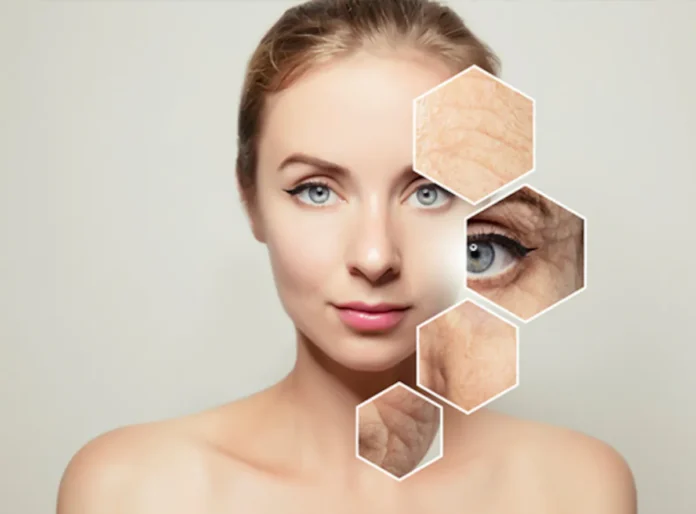Indulging in a diet filled with white bread, aerated drinks, and other unhealthy foods may be accelerating the ageing process, causing individuals to appear older than their actual age. The impact of nutrition on biological age is profound, with the consumption of empty calories contributing to premature ageing.
A balanced diet consisting of protein, complex carbohydrates, fiber, vitamins, fats, and minerals plays a crucial role in preventing premature ageing and maintaining a youthful appearance. Opting for nutritious foods not only supports overall health but also helps to combat the effects of ageing.
However, a sedentary lifestyle, high stress levels, and poor sleep habits can exacerbate the negative effects of unhealthy eating habits, leading to age-related ailments and a decline in overall well-being.
By making conscious choices to prioritize nutrition and incorporate healthy eating habits into daily life, individuals can slow down the ageing process and promote vitality and longevity.
In addition to the impact of nutrition on ageing, lifestyle factors also play a significant role in determining overall health and vitality. A sedentary lifestyle, characterized by prolonged periods of sitting and minimal physical activity, can accelerate the ageing process and increase the risk of age-related ailments such as heart disease, diabetes, and obesity. Incorporating regular exercise into one’s routine not only helps to maintain a healthy weight but also promotes cardiovascular health, strengthens muscles and bones, and enhances overall well-being.
Furthermore, managing stress levels is essential for slowing down the ageing process and preserving youthful vitality. Chronic stress can lead to increased production of cortisol, a hormone associated with inflammation and accelerated ageing. Engaging in stress-reducing activities such as meditation, yoga, and deep breathing exercises can help to lower cortisol levels and promote relaxation and rejuvenation.
Moreover, prioritizing quality sleep is crucial for maintaining youthful vitality and preventing premature ageing. Adequate sleep is essential for cellular repair and regeneration, hormone regulation, and cognitive function. Chronic sleep deprivation, on the other hand, can disrupt these processes and contribute to accelerated ageing, impaired immune function, and increased risk of chronic diseases.
Incorporating anti-ageing foods into the diet can also help to promote youthful skin, hair, and overall appearance. Foods rich in antioxidants, such as berries, leafy greens, and nuts, help to combat oxidative stress and protect against cellular damage caused by free radicals. Additionally, foods high in omega-3 fatty acids, such as fatty fish, flaxseeds, and walnuts, promote skin elasticity and hydration, reducing the appearance of wrinkles and fine lines.
Moreover, staying hydrated is essential for maintaining youthful skin and preventing premature ageing. Drinking an adequate amount of water helps to keep the skin hydrated, flush out toxins, and maintain optimal skin health. Additionally, limiting consumption of sugary beverages and alcohol can help to prevent dehydration and promote youthful vitality.
Adopting healthy eating habits, incorporating regular exercise into one’s routine, managing stress levels, prioritizing quality sleep, and staying hydrated are essential strategies for slowing down the ageing process and promoting vitality and longevity. By making conscious choices to prioritize health and well-being, individuals can maintain a youthful appearance and enjoy a higher quality of life as they age.

